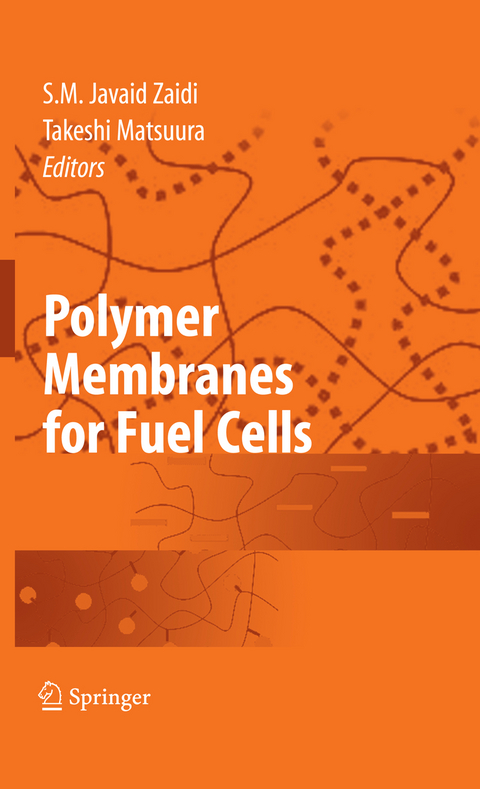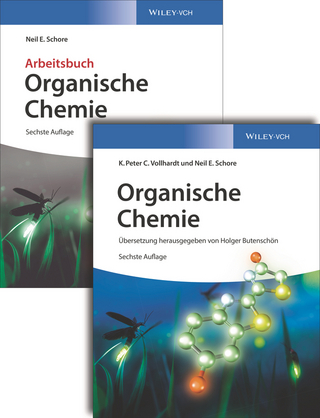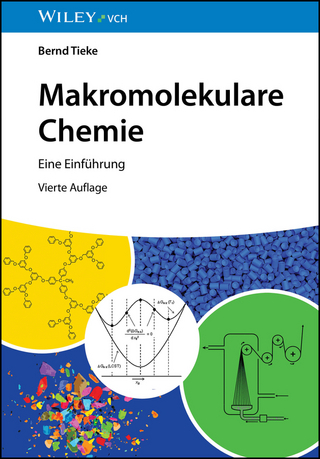
Polymer Membranes for Fuel Cells
Springer-Verlag New York Inc.
978-1-4419-4462-7 (ISBN)
From the late-1960’s, perfluorosulfonic acid (PFSAs) ionomers have dominated the PEM fuel cell industry as the membrane material of choice. The “gold standard’ amongst the many variations that exist today has been, and to a great extent still is, DuPont’s Nafion® family of materials. However, there is significant concern in the industry that these materials will not meet the cost, performance, and durability requirementsnecessary to drive commercialization in key market segments – es- cially automotive. Indeed, Honda has already put fuel cell vehicles in the hands of real end users that have home-grown fuel cell stack technology incorporating hydrocarbon-based ionomers. “Polymer Membranes in Fuel Cells” takes an in-depth look at the new chem- tries and membrane technologies that have been developed over the years to address the concerns associated with the materials currently in use. Unlike the PFSAs, which were originally developed for the chlor-alkali industry, the more recent hydrocarbon and composite materials have been developed to meet the specific requirements of PEM Fuel Cells. Having said this, most of the work has been based on derivatives of known polymers, such as poly(ether-ether ketones), to ensure that the critical requirement of low cost is met. More aggressive operational requi- ments have also spurred the development on new materials; for example, the need for operation at higher temperature under low relative humidity has spawned the creation of a plethora of new polymers with potential application in PEM Fuel Cells.
Fuel Cell Fundamentals.- Research Trends in Polymer Electrolyte Membranes for PEMFC.- Fuel Cell Technology Review.- Development of Sulfonated Poly(ether-ether ketone)s for PEMFC and DMFC.- Fuel Cell Membranes by Radiation-Induced Graft Copolymerization: Current Status, Challenges, and Future Directions.- Design and Development of Highly Sulfonated Polymers as Proton Exchange Membranes for High Temperature Fuel Cell Applications.- Polymer Composites for High-Temperature Proton-Exchange Membrane Fuel Cells.- Blend Concepts for Fuel Cell Membranes.- Organic-Inorganic Membranes for Fuel Cell Application.- Thermal and Mechanical Properties of Fuel Cell Polymeric Membranes: Structure—Property Relationships.- Membrane and MEA Development in Polymer Electrolyte Fuel Cells.- Carbon-Filled Polymer Blends for PEM Fuel Cell Bipolar Plates.- Critical Issues in the Commercialization of DMFC and Role of Membranes.- Modified Nafion as the Membrane Material for Direct Methanol Fuel Cells.- Methanol Permeation Through Proton Exchange Membranes of DMFCs.- Systematic Design of Polymer Electrolyte Membranes for Fuel Cells Using a Pore-Filling Membrane Concept.- Research and Development on Polymeric Membranes for Fuel Cells: An Overview.
| Erscheint lt. Verlag | 11.8.2011 |
|---|---|
| Zusatzinfo | 550 p. |
| Verlagsort | New York, NY |
| Sprache | englisch |
| Maße | 155 x 235 mm |
| Themenwelt | Naturwissenschaften ► Chemie ► Organische Chemie |
| Naturwissenschaften ► Chemie ► Technische Chemie | |
| Technik ► Elektrotechnik / Energietechnik | |
| Technik ► Umwelttechnik / Biotechnologie | |
| ISBN-10 | 1-4419-4462-1 / 1441944621 |
| ISBN-13 | 978-1-4419-4462-7 / 9781441944627 |
| Zustand | Neuware |
| Haben Sie eine Frage zum Produkt? |
aus dem Bereich


